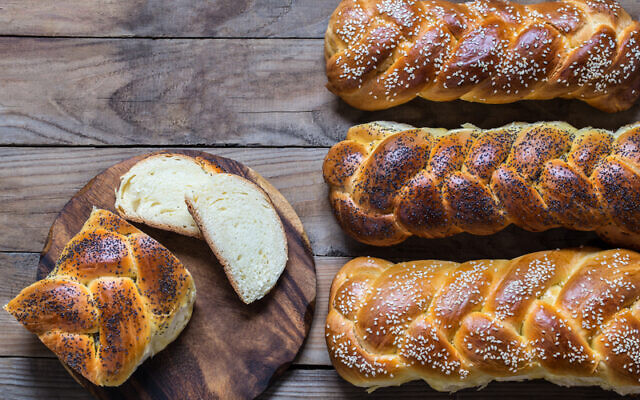The Kohen and the Navi: detail, spirit or both
Shabbat Shalom to all our readers.
As a Melbourner who lived in America, I was very conscious of who I was, and how I was different. I spoke with a distinct twang. I cared more about certain mannerisms and behaviours. And, most of all, certain very physical things were more important to me.
I speak, of course, of coffee. As someone who grew up in Melbourne, good coffee is essential for my daily routine. Simply piling it high with whipped cream, sugar, and seasonal flavouring to hide the bitterness of bad coffee is not an acceptable option.
But why? they would ask. Isn’t it just about the caffeine? And I would answer: No. It is far more than that. The attention to detail that makes good coffee creates an excellent product. Good coffee and bad coffee are not similar experiences. Sure, they both have caffeine. But so do Coke, chocolate and tea. Somehow, coffee is unique.
This week’s parasha is a tribute to attention to detail. Like coffee, the work of a Kohen in the temple constantly rests on a knife’s edge. Just a little to either side, and it didn’t work, and you have to start again. An animal slaughtered with the wrong intent. Its blood collected in the wrong location. The chosen portion of the grain offering separated incorrectly. The wrong wine used for libations. Each of these, and thousands of even smaller details, can all invalidate the Temple service, necessitating restarting the day’s offerings. But no pressure! Presumably, pep talks for Kohanim started with the words: “Don’t worry, whatever mistake you’ve made has been made a hundred times before” which isn’t true. It’s more like a few thousand.
The Kohen, as a religious leader, embodies attention to detail, meticulous care, and rigorous attention paid to checklists, routines, and procedures. They would train, every day, to make sure that their entire frame of mind and mode of being would be ready for that moment when they would be called up to serve and work on behalf of all Israel.
I heard once from my teacher, Rabbi Aharon Lichtenstein, that the role of a Navi, a prophet, is the opposite. Where the Kohen represents the world of consistency, repetition, and quest for perfection in our daily lives, the prophet opens vistas of ambition and newness.
It’s not about the details; it’s about the spirit. It’s not about ticking boxes, and no checklist will help. It’s about connection and understanding and making sure that you’re in touch with the source of what you’re doing.
So Kohanim make sure that sacrifices proceed just right, and the prophet stands up and says there is no point anyway unless your moral house is in order.
The priest comes to bless you, and the prophet asks: “For what?”
The two roles are both crucially important. The Kohen keeps us on track and reminds us of routine importance. He reminds us of the necessity of consistency for growth. But the prophet makes sure that we know into what we’re growing. Why do we care? What is it all about anyway?
And suppose we can’t answer the question. In that case, we can at least ask and use the act of questioning itself to impose a limit on our tendency to mindless repetition. Judaism sees human perfection in the fusion of these two character traits.
This week’s parasha features both, but especially the Kohen, and urges us to grow in each direction concurrently and with great persistence.
Alexander Tsykin is rabbi of Brighton Hebrew Congregation.


comments